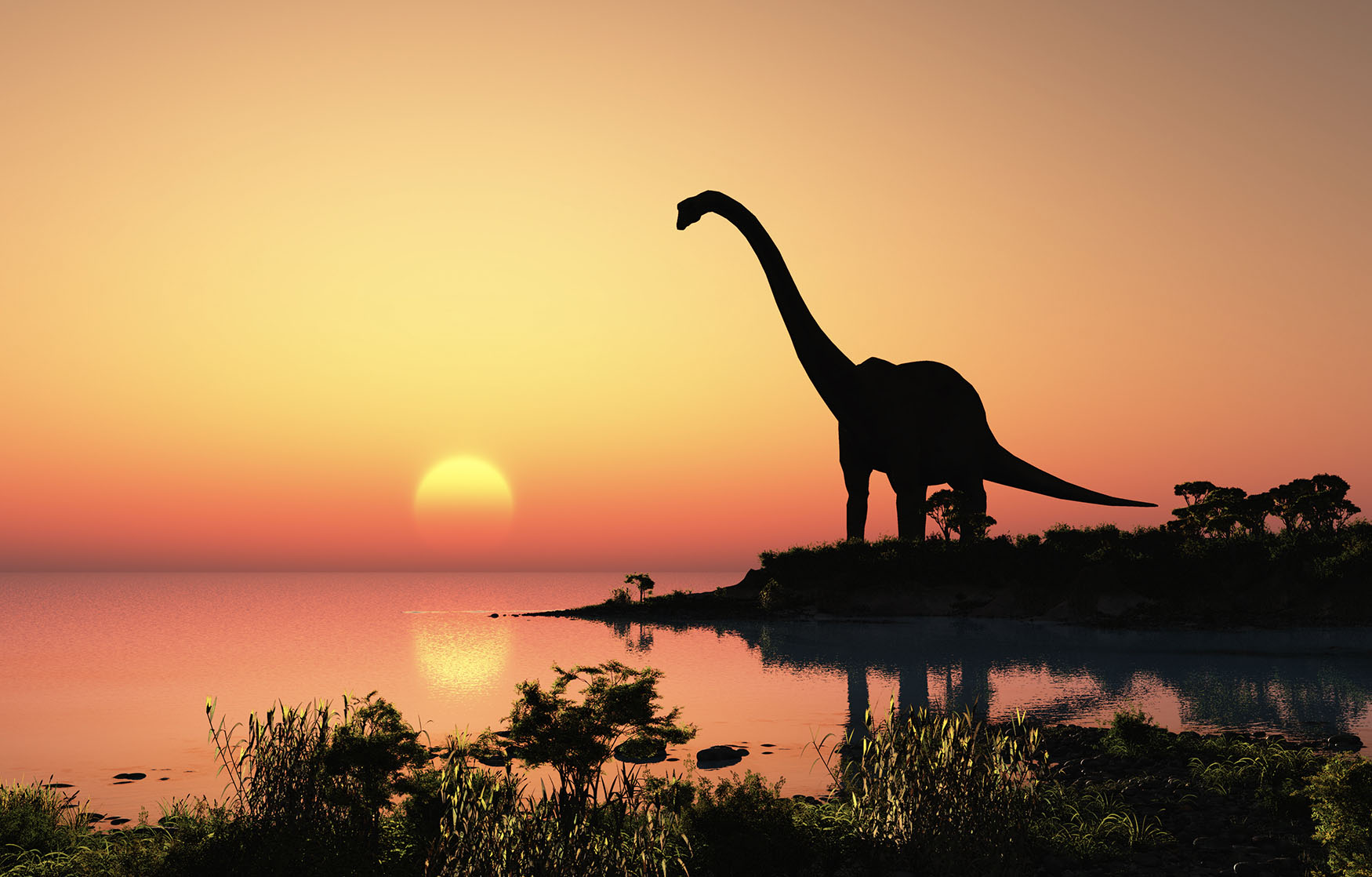A scientist says that the human lifespan could be so short due to the dinosaurs. While that might sound a bit wild, especially since modern humans didn’t live at the time that dinosaurs did, it all comes down to evolution and how mammals evolved during the time of the dinosaurs.
So, how did the dinosaurs affect humanity’s ability to live longer lives? Well, the idea proposed by a microbiologist named João Pedro de Magalhães suggests that mammals may have had longer lifespans in the past. However, they may have evolved in order to survive amidst the dinosaurs.
If mammals had longer lifespans, then it would have taken them longer to reach maturity, which could have made surviving in the time of the dinosaurs much more difficult. As such, evolution could have changed how long they lived in order to help them mature more quickly. This evolution could then have also carried on to humans, affecting the human lifespan, too.

Being able to rapidly reproduce in a time when you might not live to be that old anyway was extremely important. And while we don’t live in a time where dinosaurs roam the Earth, the constraints placed on the lifespan of mammals carried over to humans (and are still seen in mammals today).
“My hypothesis is that such a long evolutionary pressure on early mammals for rapid reproduction led to the loss or inactivation of genes and pathways associated with long life,” de Magalhães explained in a paper published in BioEssays. De Magalhães calls this the “longevity bottleneck hypothesis,” and he says that it is further supported by the absence of mammals with regenerative traits.
It is possible that the pressure to stay alive caused mammals to evolve and eliminate the genes that are associated with long life. And if that happened, it could impact human lifespans, too, with our bodies not evolving to include the genes needed for much longer lives. Of course, this is all just a hypothesis at the moment. It is an interesting approach, though, and it could introduce some intriguing angles for researchers to study going forward.








